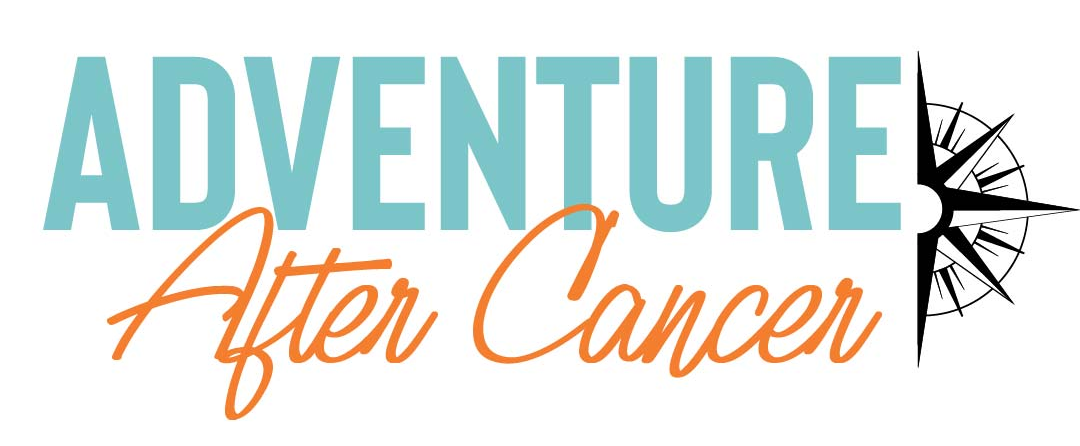Along the same lines, I get annoyed by those who say you don’t know what it’s like to be tired unless you’re a mother, a teacher, an ER doctor, or an insert-other-noun-here.
Just to be clear, I am not by any means downplaying any of those roles and how exhausting they can be. There is not a doubt in my mind that y’all could use (and deserve!) a solid week of sleep. Even Oprah would have more viewers if she handed out nap vouchers to her audience rather than brand new cars.
I am, however, making the argument that a cancer patient with chemo fatigue is a strong contender for this position.
(As are a lot of different people and positions, so if we could just do away with the blanket phrase “ain’t no tired like _____ tired,” that’d be great.)
Before my diagnosis, I worked as a biologist on Bering Sea fishing boats. I’ve worked 35 hours straight while fighting to maintain my balance during a storm, all while carrying 100-lb baskets of fish over and over and over. I am not one who can fall asleep easily, yet I’ve been a hot second away from falling asleep while standing at the rail on deck because I was so exhausted. (And yes, I’m well aware my fishermen friends are laughing at me right now.) Given all that, I thought I could easily handle chemo fatigue.
Y’all, I was so wrong about chemo fatigue…
This is not just physical fatigue, like your body is tired after working hard all day – which it has, by the way, because your dear cells are going through hell. But this is also a drug-induced fatigue.
(It’s also a drug-induced nausea, might I add, so don’t be surprised if it feels different than the other times you’ve been nauseated. It certainly did for me.)
“Fatigue” isn’t even a strong enough word to me. It conjures up images of women from the 1950s saying, “I’m weary, darling! I simply must have a lie down,” before reclining on the chaise for a nap.
Absolute, involuntary exhaustion is really the better way to describe it. I was a healthy and active 32-year-old at the time of diagnosis. Yet for a few days after each treatment I alternated being awake for two hours, then napping for two hours. And I could still sleep a solid 10-12 hours each night.
I’m a big fan of naps and I love my bed. But I have never in my life been able to spend as much time sleeping or dozing as I did while on Adria!
I know this kind of fatigue is also a big thing with radiation. For me, chemo fatigue was through the roof, but fatigue during radiation treatment was minimal. Others get through chemo practically symptom-free, only to have radiation wipe them out for a month or more.
My point is this: if your body is telling you that you need a nap, then, by all means, take a friggin’ nap!
Your body is going through so much right now. The last thing you want to do is ignore your body’s need for rest, only to exacerbate the situation by getting the cold or flu with an already weakened immune system.
Fun fact: I got halfway through writing this post and then took a nap. Goodness knows I don’t want to be called a hypocrite! If I’m going to talk the talk, then I’m going to nap the nap.
Pin me!





0 Comments